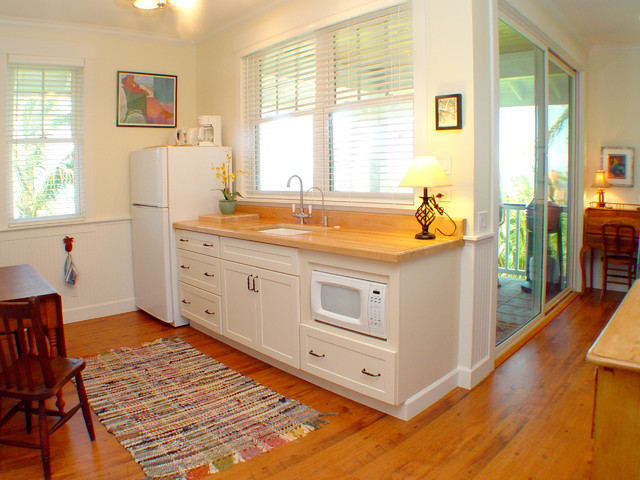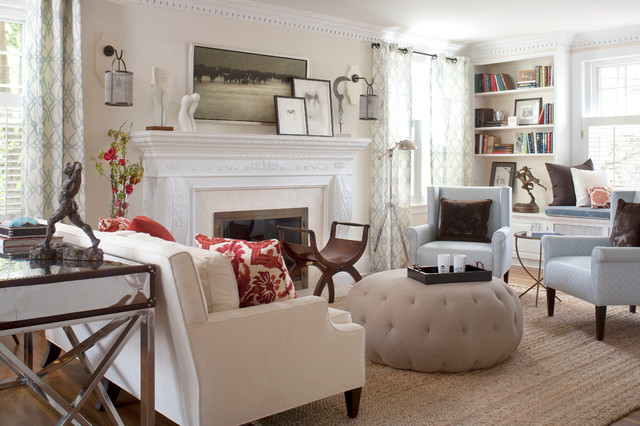11 Apartment Hunting Tips for Renters
There may not be a way out of doing the legwork, but these 11 tips can help you get organized, set your priorities, search smart and stay focused every step of the way.
If you are just moving to a new city, there is no better way to learn about the neighborhoods than to spend some time walking around — so get out there and explore.
|
by Laura Garner
»
|
|
2. Identify your top three priorities.
Make the budget one of your top three priorities; the other two could
be anything important to you: great natural light, proximity to work or
school, or a washer-dryer in the unit, for instance. If you are having
trouble coming up with your top three, try listing everything you want
and cross things off one by one until you are left with your most
important priorities.
|
|
by mango design co
»
|
|
3. Keep track of multiple listings with a comparison checklist. When
you are hitting half a dozen open houses in a single morning, they
begin to run together. Keep pertinent info neatly sorted on a single
checklist and snap a picture of each place to accompany it, if possible.
|
Also consider printing out a copy of your credit report — some landlords will insist on running their own check, but simply having it to show can be reassuring and put your application ahead of others in a competitive market.
|
5. Uncover hidden costs.
Know what you could potentially be taking on, beyond the rent, by asking
key questions whenever you look at a new place. A few to consider:
|
|
by Tervola Designs
»
|
|
6. Rely on your senses. Odd
smells and noises you notice during a showing could end up being a major
problem when you move in. Natural light, or a lack thereof, can make
all the difference in the world, so try to attend a daytime open house
rather than looking at the apartment after work.
|
Even today there are plenty of landlords who rely on a simple sign posted in the window, a scrap of paper tacked up in the local café or word of mouth to rent their units. So keep your eyes and ears open wherever you go.
|
9. Planning to stay a while? Negotiate! If
you have excellent credit and a solid rental and work history, and you
want a place to call home for many years to come, you may be in a
position to negotiate a better deal. Finding excellent long-term tenants
is the hardest part of being a landlord, so remember, you are a catch!
While it's not likely any landlord would lower the rent, you could try negotiating for a longer lease to lock in your current rent, ask for improvements to be made (and paid for) before moving in or get permission to paint and make improvements on your own. |










